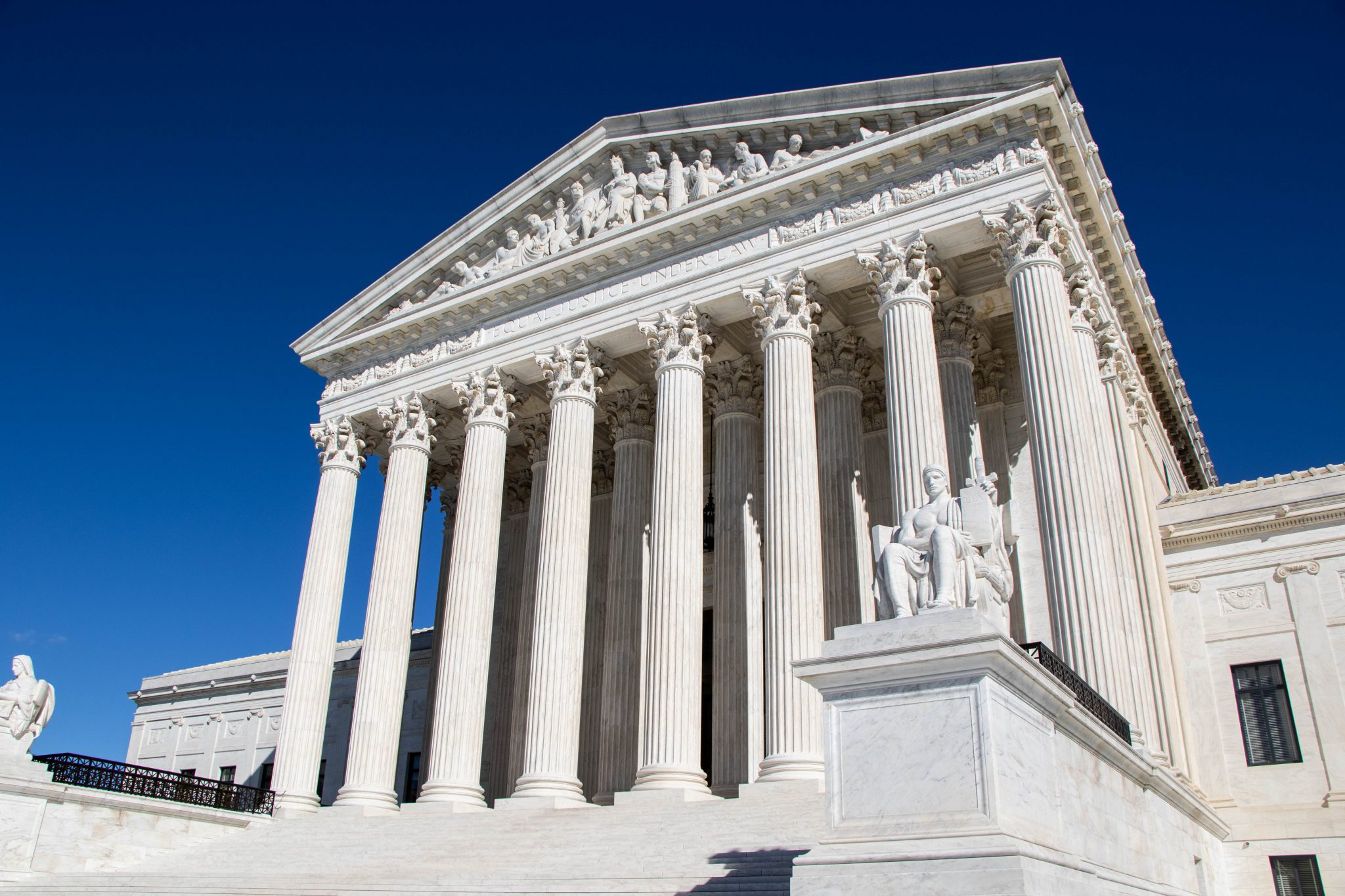Views expressed in opinion columns are the author’s own.
Everyone is way too worried about race-based affirmative action becoming illegal.
I understand why we’re afraid the Supreme Court just condemned us to monolithic colleges and workplaces, or that equal opportunity and meritocracy are dying. But if anything, this ruling gives colleges the opportunity to create diversity on campuses in more meaningful ways.
Crucially, the Supreme Court’s ruling isn’t saying that the United States’ philosophy of diversity ought to be color blind like that of other countries. The ruling merely bans the use of race alone as a factor in admissions. The effects of an applicant’s race on their lives can still be considered through other application materials such as extracurricular activities and essays.
Some of my own college applications had an optional essay about how my cultural background shaped me. If this was mandatory for all applications, colleges would be able to factor the influence of race into admissions. Since culture has a holistic definition, this would lead to colleges gaining deeper diversity beyond just seeing multicolored faces in class.
We also don’t need to fear that schools won’t try as hard to keep classes diverse. There was never any law forcing the use of race-based affirmative action in the first place. Affirmative action just banned discrimination against protected classes and permitted, not forced, universities to use preferential policies aimed at leveling the field for historically disadvantaged groups.
This ruling won’t suddenly make schools not care about diversity. Those that see the value in a diverse student body will likely remain as committed to it as before. The only “issue” is that the tool to achieve it has gone from a one-function landline to a multi-faceted new iPhone.
Sure, there will be bumps on the road to this more comprehensive approach to achieving diversity, but it’ll result in better outcomes. Schools may have to hire more people to read additional essays or extend the time between application deadlines and decisions. But overall, we shouldn’t mourn an imperfect system that is finally being forced to evolve.
The introduction of more context is a good thing. Checking “Asian” on my college applications wouldn’t have told admissions officers anything about me other than a vague idea of my appearance and a few probabilities for other factors in my life. Merely going by demography, I’m probably first-generation American, middle class and have college graduate parents. But probability isn’t certainty. Asians have the widest income gap of any demographic in this country, with the poorest subgroups also sharing low educational attainment.
My race might not be the most underrepresented in universities, but within it, an individual’s context may be underrepresented. Telling admissions officers your race without any other context leads them to make assumptions and play into stereotypes.
This makes a mockery of the strength that diversity brings to our society. Race and ethnicity aren’t just about how others perceive us. It’s about our culture, values and upbringing. Most importantly, it’s not the end-all of an individual.
Even to make up for racism that negatively affects minorities’ lives, fighting racist stereotypes with more racist stereotypes is in itself a moral shame.
Some may believe that forcing applicants to write about their race as a negative factor shifts the burden of reparations from the system to the individual. However, being a racial minority isn’t just a challenge. It’s a source of joy. Though, would I trade a childhood full of he fen for ancestors who had the legal ability to build generational wealth in the United States? Maybe… but everyone who didn’t grow up with he fen seriously missed out on some quality of life points.
A mandatory cultural background essay doesn’t force applicants to talk about the “burden” of their race. They can talk about literally anything that makes them unique. This can include family structure, religion, sexuality and of course race — as a joy, a challenge or something more nuanced. And it would allow white applicants to write about culture as an asset to their diversity as well.
Ultimately, race may not be the most salient aspect of the diversity that an individual candidate can bring. If I got a chance to rewrite my diversity essays, I’d talk not about my ethnicity, but about being the only one of my cousins to not understand my father’s mother tongue, and how that has given me a greater appreciation for the connection between language and human relationships. These non-racial elements make me diverse more than simply being Asian does.
Seriously, we have reason to be optimistic. Universities don’t need to see this as a disappointing handicap to their goals and values. This is an opportunity for minority applicants to be seen as more than their race, which will magnify diversity in every form. You’d better bet the institutions that churn out doctorates have enough combined brain power to take advantage of it.
Jessica Ye is a junior economics and government and politics major. She can be reached at jye1@terpmail.umd.edu.



